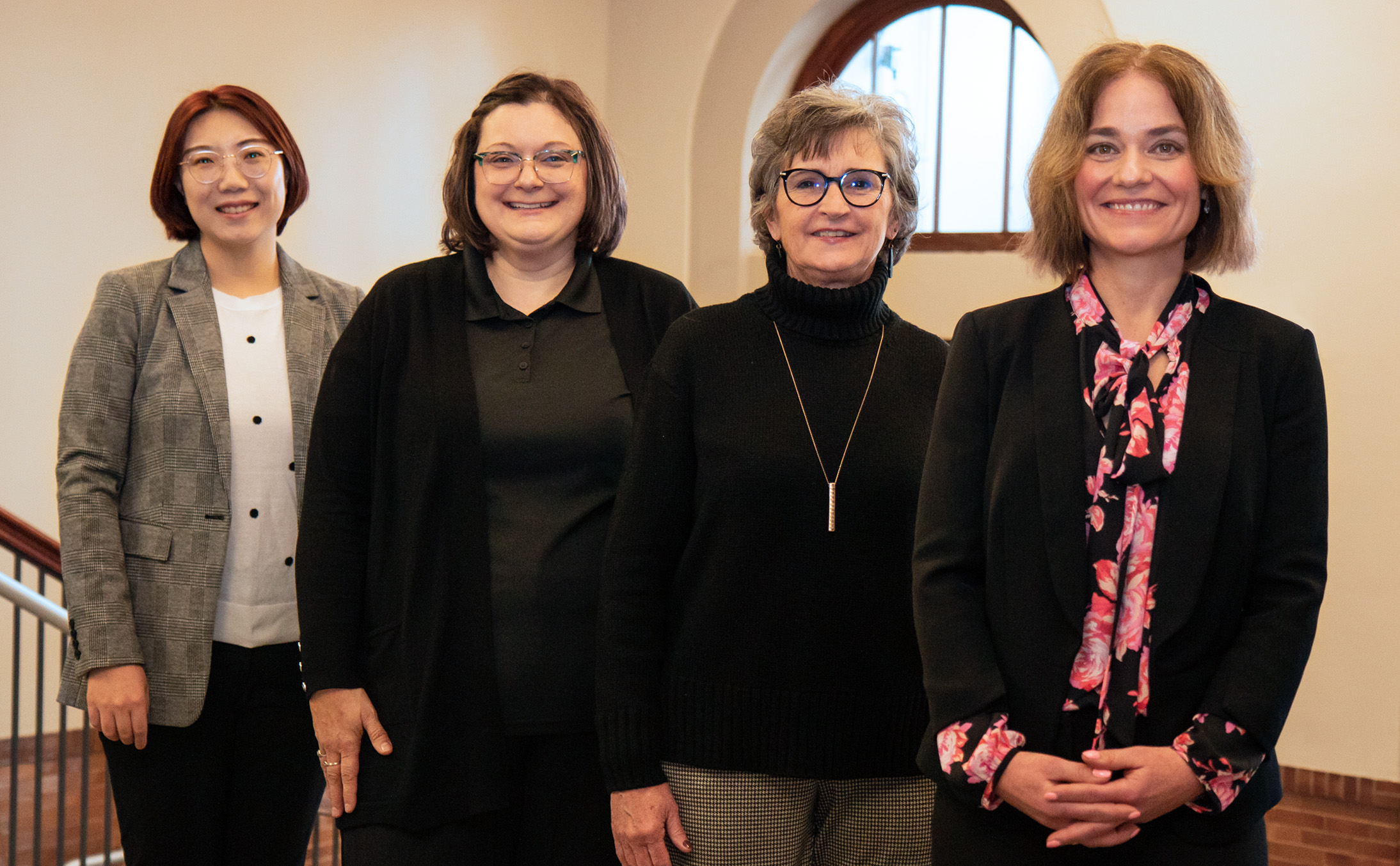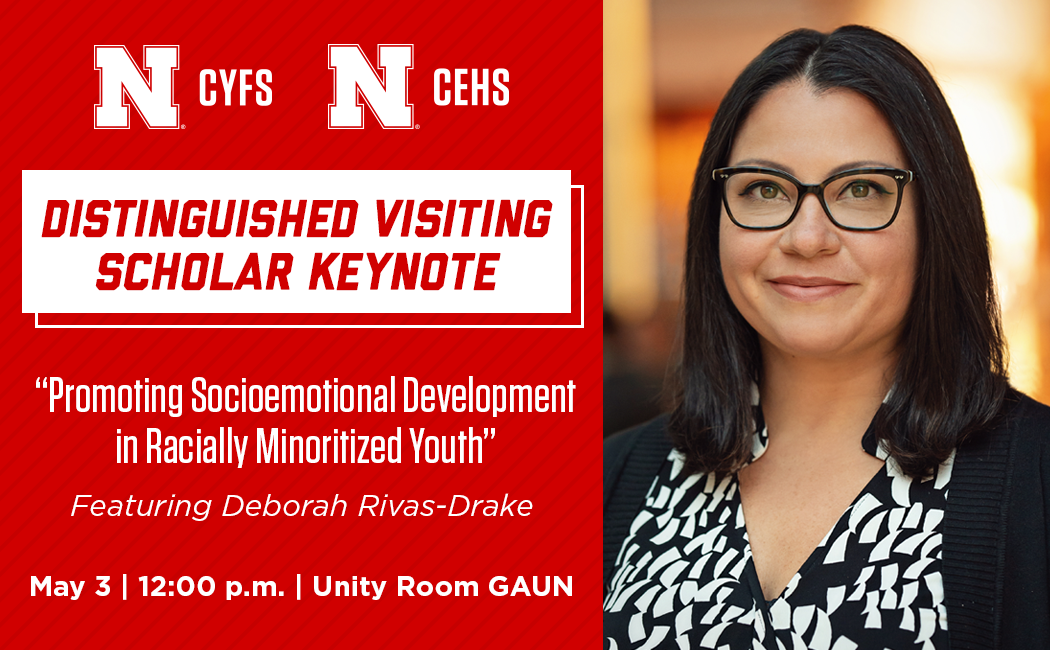
Being bullied is not pleasant for anyone. But for students with disabilities, the effects can be more damaging — and the risk of bullying is disproportionately higher.
Bullying is a public health crisis linked to adverse educational and mental health outcomes such as poor grades, negative perceptions of school, depression and anxiety. Students with disabilities have a greater risk of being victimized, as well as more social difficulties than peers without disabilities, and may be less responsive to existing bullying intervention programming.












